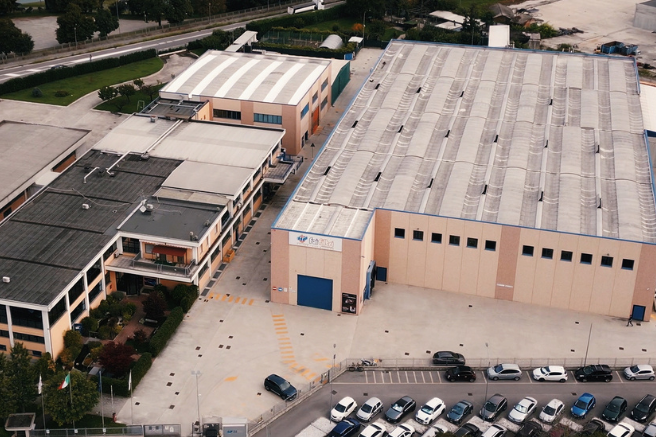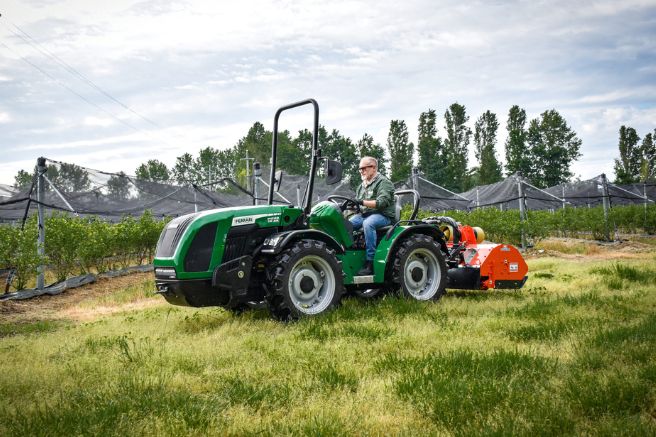Fuel cell technology has progressively lost its appeal in the automotive sector as a complex solution with major application limitations. However, research and applications continue in many industrial fields
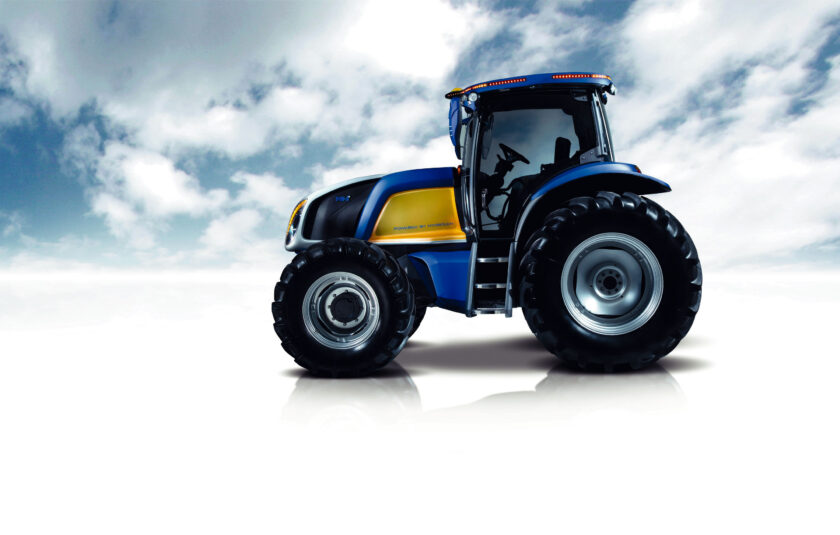
Fuel cells are a key technology in the transition to more sustainable energy sources than those of fossil origin. By converting chemical energy directly into electrical energy, with near-zero emissions and benefiting from a fuel that is more available than electrons for storage, fuel cell systems overcome the current operating limits of full-electric powertrains powered by batteries. This is why they are also suitable for powering any particularly energy-intensive operating machines.
They are therefore well suited to satisfy operations in the heavy transport and off-road segments, allowing even the highest-performance machines to be electrified. All this, without requiring those tons of batteries needed to ensure autonomy comparable to that offered by the same machines when powered by internal combustion engines. Lower weights and smaller dimensions, therefore. Prospects that obviously interest the road transport sector above all, as demonstrated by the studies developed from 2020 to today by the Hyundai group.
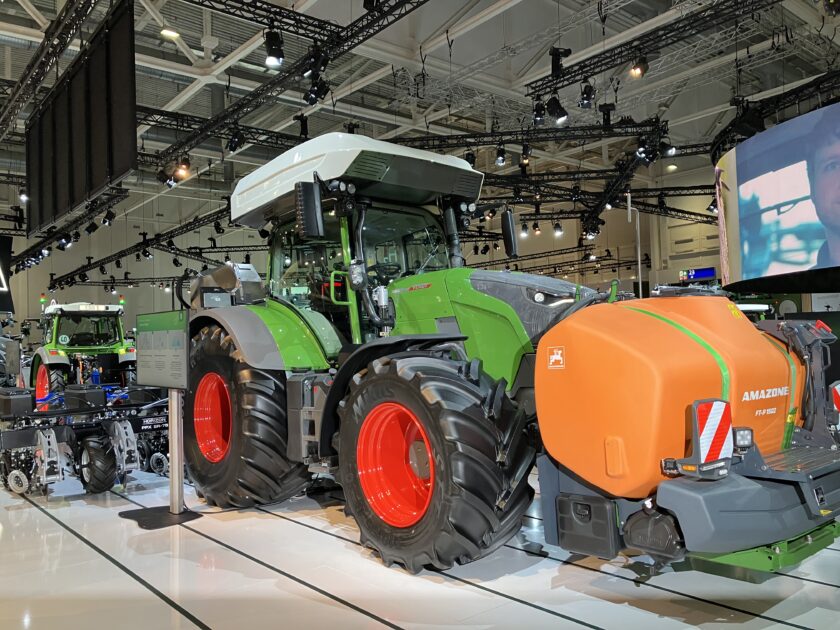
It is testing in Switzerland a fleet of 48 “Xcient Fuel Cell” trucks powered by two fuel cell systems delivering 90 kilowatts of power each. These, in turn, act as support for a 350 kilowatt, 480 horsepower electric motor. The system gives rise to a total autonomy of 400 kilometers that can be restored in times almost similar to those needed for a traditional refueling.
Equipped with two 100 kilowatt fuel cells each capable of supporting a 400 kilowatt, 536 horsepower Fpt Industrial electrified axle, 12 Iveco “S-eWay Fuel Cell” trucks have instead been introduced on European roads to test their operability and reliability.
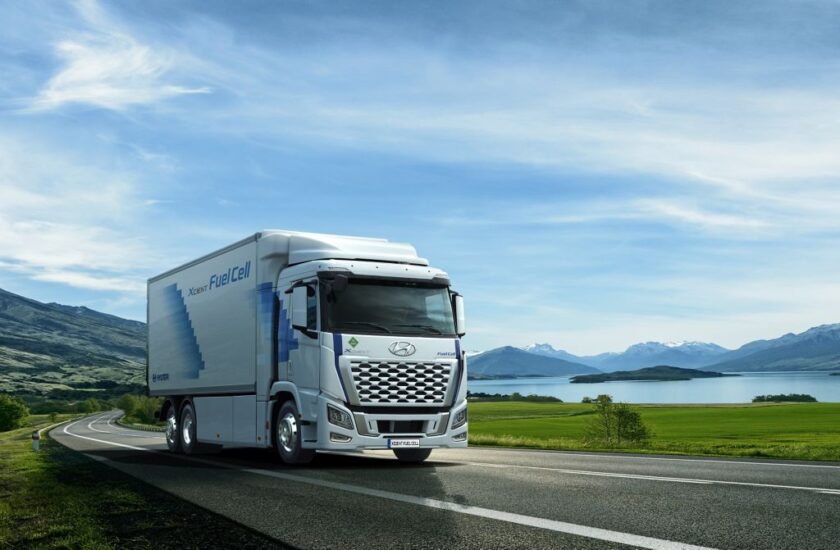
The vehicles are equipped with tanks located behind the cabin. These are able to store up to 70 kilos of hydrogen compressed at 700 bar, which ensure a range of 800 kilometers and can be refilled once exhausted in less than 20 minutes. The development prospects of fuel cells in the industrial sector are ultimately interesting.
However, they are burdened by the complexities of the propulsion systems themselves. The energy conversion systems and the hydrogen storage systems designed to maintain the high-pressure element in safe conditions.
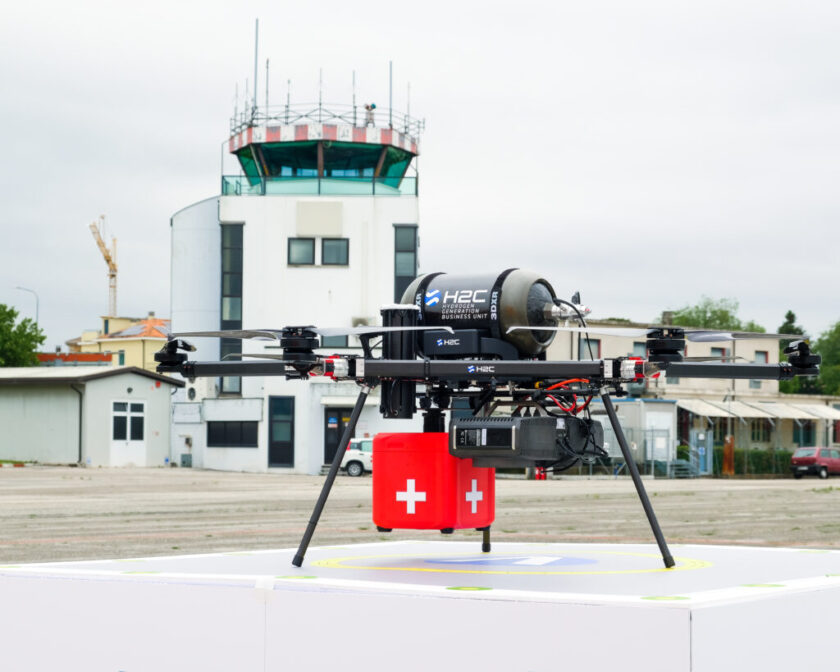
Storage issues aside, all the aforementioned complexities do not arise when fueling traditional internal combustion engines with hydrogen. This is a solution embraced by all diesel engine manufacturers while waiting for new generations of fuel cells, adequate hydrogen distribution networks and sufficient carrier availability to support widespread and diversified applications.
Fendt in pole
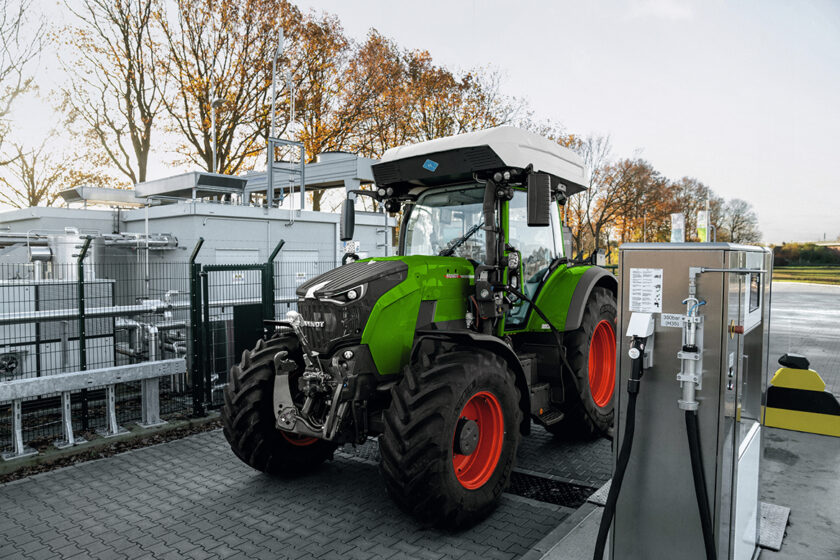
New Holland and Fendt are among the tractor manufacturers that are studying the possible applications of fuel cells for their machines. New Holland presented the “Nh2” prototype in 2009, but no further news has been received. The German brand, however, has tried its hand at the theme in 2023 as part of the “H2” project, aimed specifically at developing machines powered by hydrogen.
The Fendt prototype is based on the “700 Vario” mechanics. And it is powered by five tanks with a capacity of just over four kilos containing hydrogen compressed at 700 bar and the fuel cell that replaces the diesel engine has a capacity of one hundred kilowatts. The whole thing operates at 700 volts, powering a battery pack with a capacity of 25 kilowatt hours.
Title: Fuel cell technology between limits and new application areas
Translation with Google





